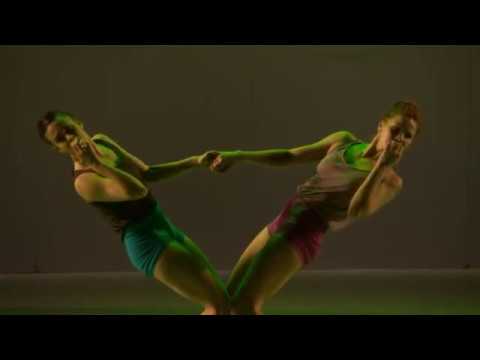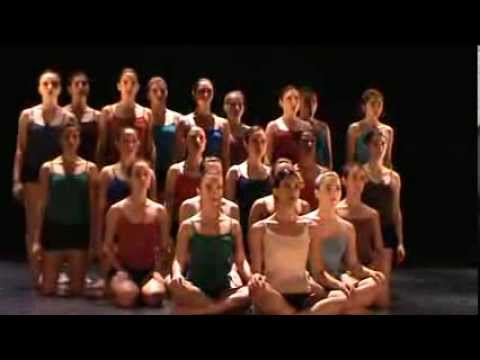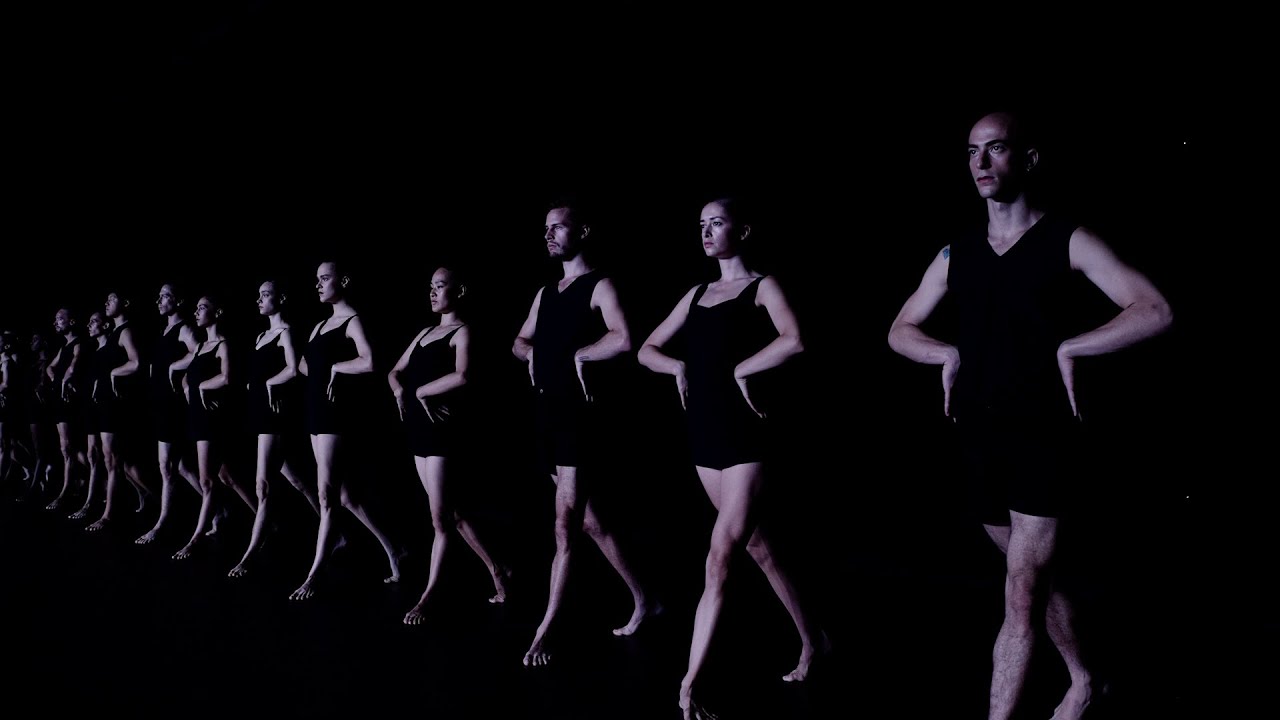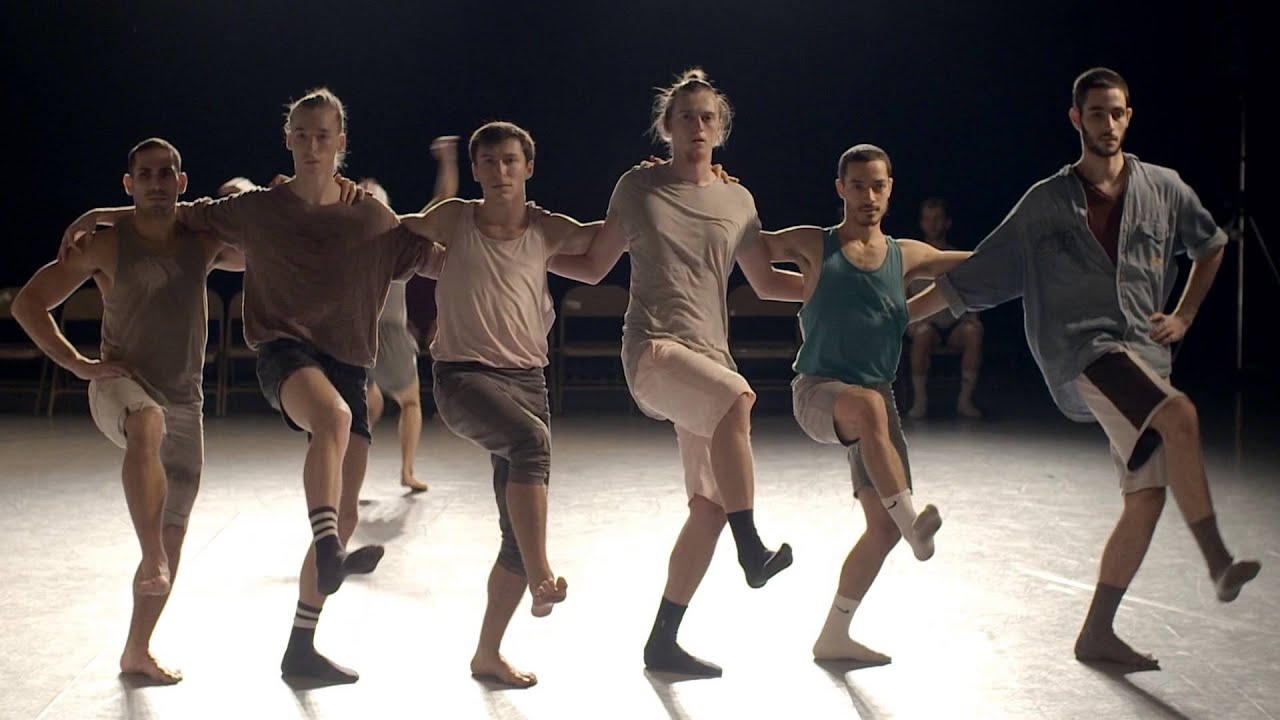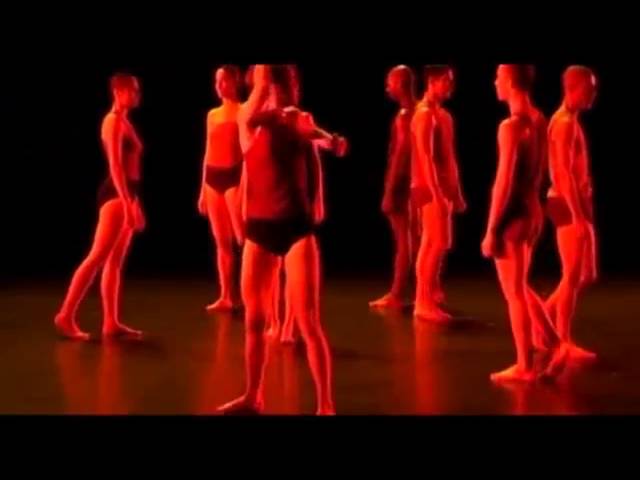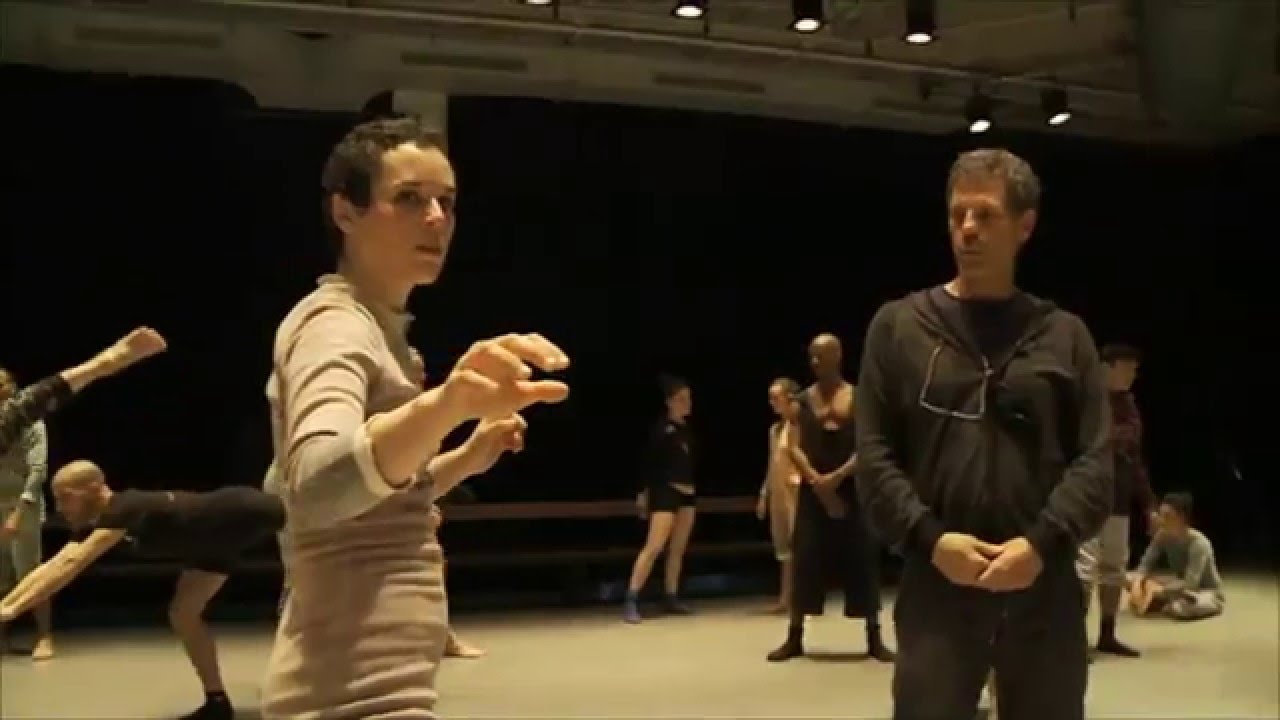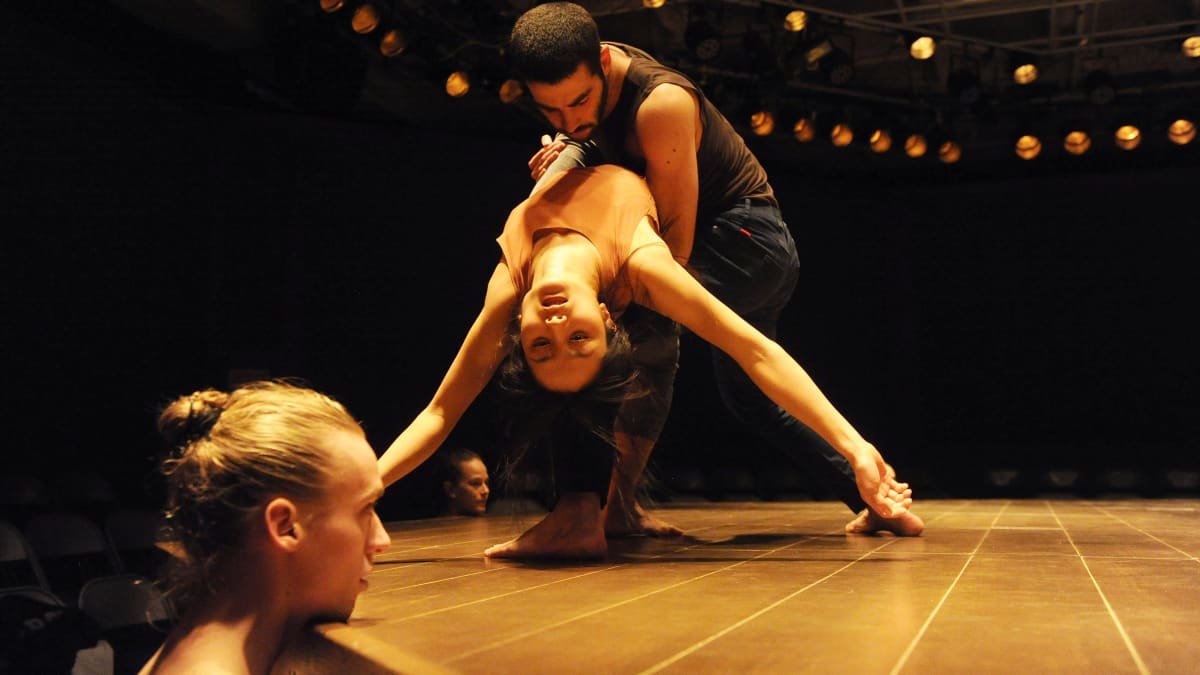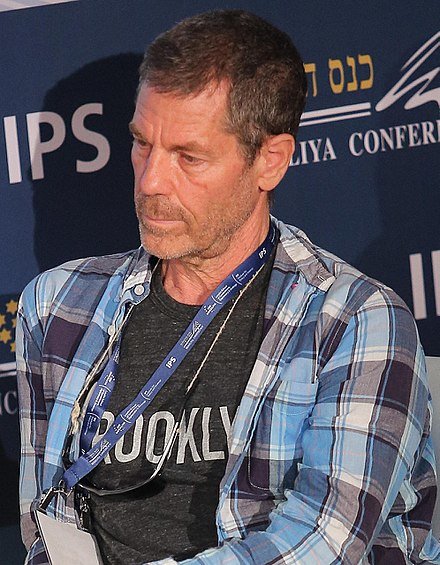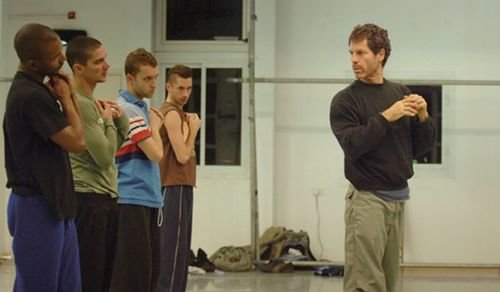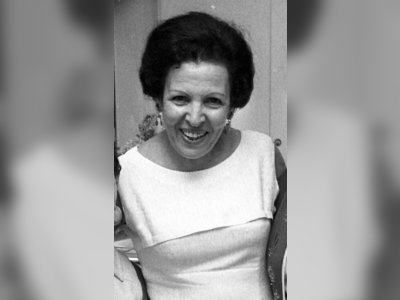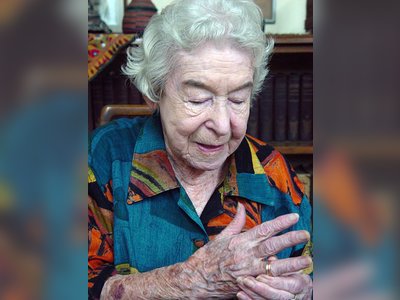Ohad Naharin
Ohad Naharin (born June 22, 1952) is an Israeli dancer and choreographer, recipient of the Israel Prize in 2005 and the A.M.I.T. Prize in 2009.
Biography
Naharin was born in Kibbutz Mizra to Eliav Naharin (an actor at the Bimah Theater in the 1940s) and Zofia, a dancer who had to quit dancing due to health issues and turned to teaching movement and choreography. When he was five and a half years old, the family moved to Kiryat Shmona.
Naharin played the guitar and sang with the Northern Command Band as a singer and dancer. After his military service, he studied ballet in New York and was a member of Martha Graham's dance company. He later joined the Maurice Béjart dance company in Brussels. Upon returning to Israel in 1982, he started choreographing for various Israeli dance groups.
In 1990, he was appointed the artistic director of the Batsheva Dance Company and created numerous works, including "Tabula Rasa," "Virus," "Anaphaza," and "Kyr." Naharin became embroiled in a controversy between religious and secular groups during the performance of "Jubilee Bells" in 1998. Religious figures protested the use of the song "Who Knows" alongside the removal of the dancers' costumes, suggesting they be dressed in "tzniut" (modest) attire. The performance was ultimately canceled after a major public outcry.
Naharin is considered one of the leading and most innovative choreographers worldwide. In 1995, The New York Times called him "one of the five leading choreographers in the world."
In 1998, he was awarded the title of Knight of the Order of Arts and Literature by the French government. In 2003, he received an Honorary Fellow award from the Sam Spiegel Film & Television School. In 2004, he was awarded an honorary doctorate by the Weizmann Institute of Science. In 2005, Naharin received the Israel Prize.
In June 2008, he was awarded an honorary doctorate by the Hebrew University of Jerusalem. In April 2009, he received the Samuel H. Scripps American Dance Festival Award for Lifetime Achievement. That same year, he received a Lifetime Achievement Award from "Dance Magazine."
In May 2013, Naharin received an honorary doctorate from Juilliard.
In 2016, he received the Culture and Sports Minister's Award for Artistic Dance for Lifetime Achievement. The judges noted that "Naharin is the most leading and innovative choreographer in Israel. He has introduced contemporary dance qualities that constantly renew themselves to the core of the dance world."
In addition to his work with dancers, Naharin developed "Gaga – a physical training method suitable for everyone" following an injury he experienced. According to Naharin, the method strengthens the body, enhances flexibility, agility, efficiency, and awakens the senses and imagination.
After studying under Mari, his first wife, Naharin married Eri Nakamura, a dancer of Japanese descent, and they had a daughter named Noga.
In May 2019, Naharin stated in an interview with Raz Barakai that he identifies with the BDS (Boycott, Divestment, Sanctions) movement and opposes Israeli occupation. In December 2019, Naharin staged a performance called "2019" with dancer Suzanne Dellal, which included political motifs criticizing Zionism and militarism in Israeli society.
In May 2021, Naharin was among the signatories of a letter addressed to the International Criminal Court in The Hague regarding Israeli authority in Judea and Samaria (the West Bank). The letter called on the court not to rely on official Israeli bodies and to investigate independently.
- אוהד נהריןhe.wikipedia.org

